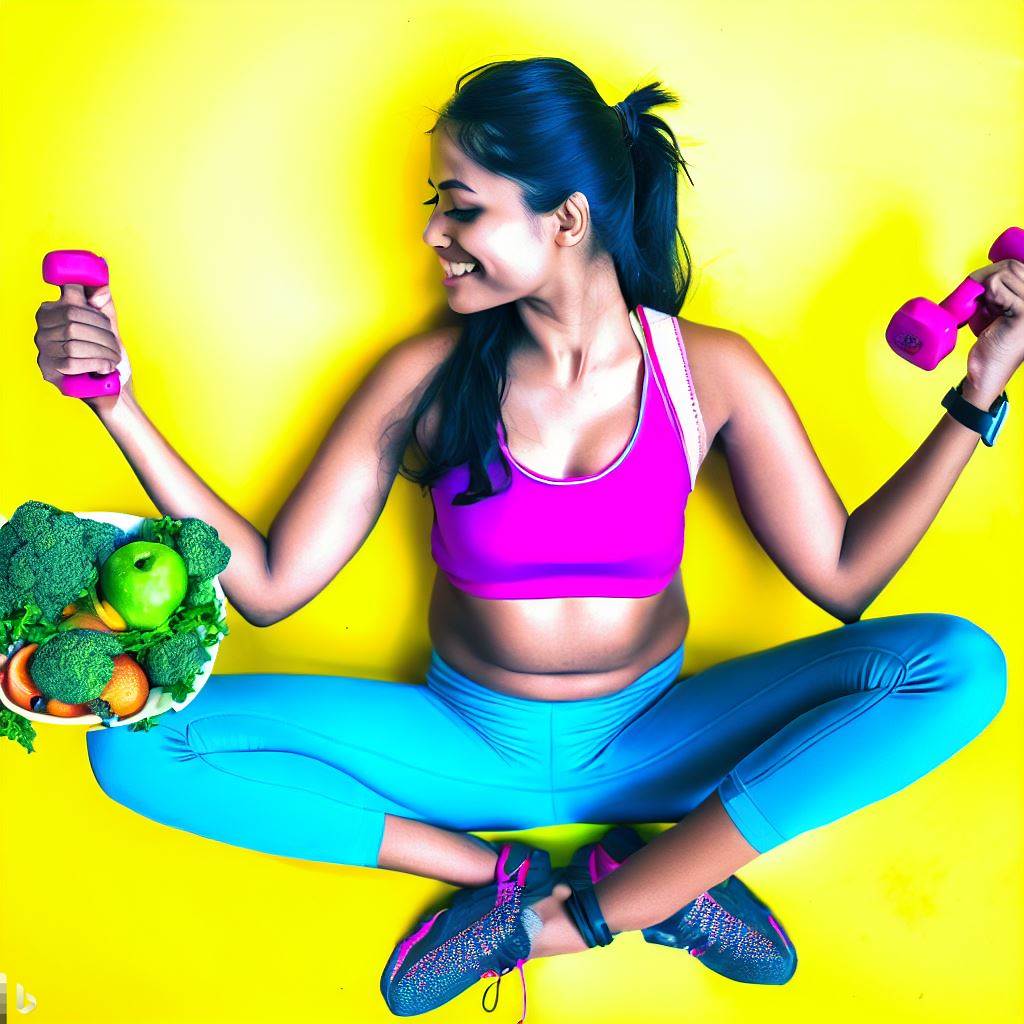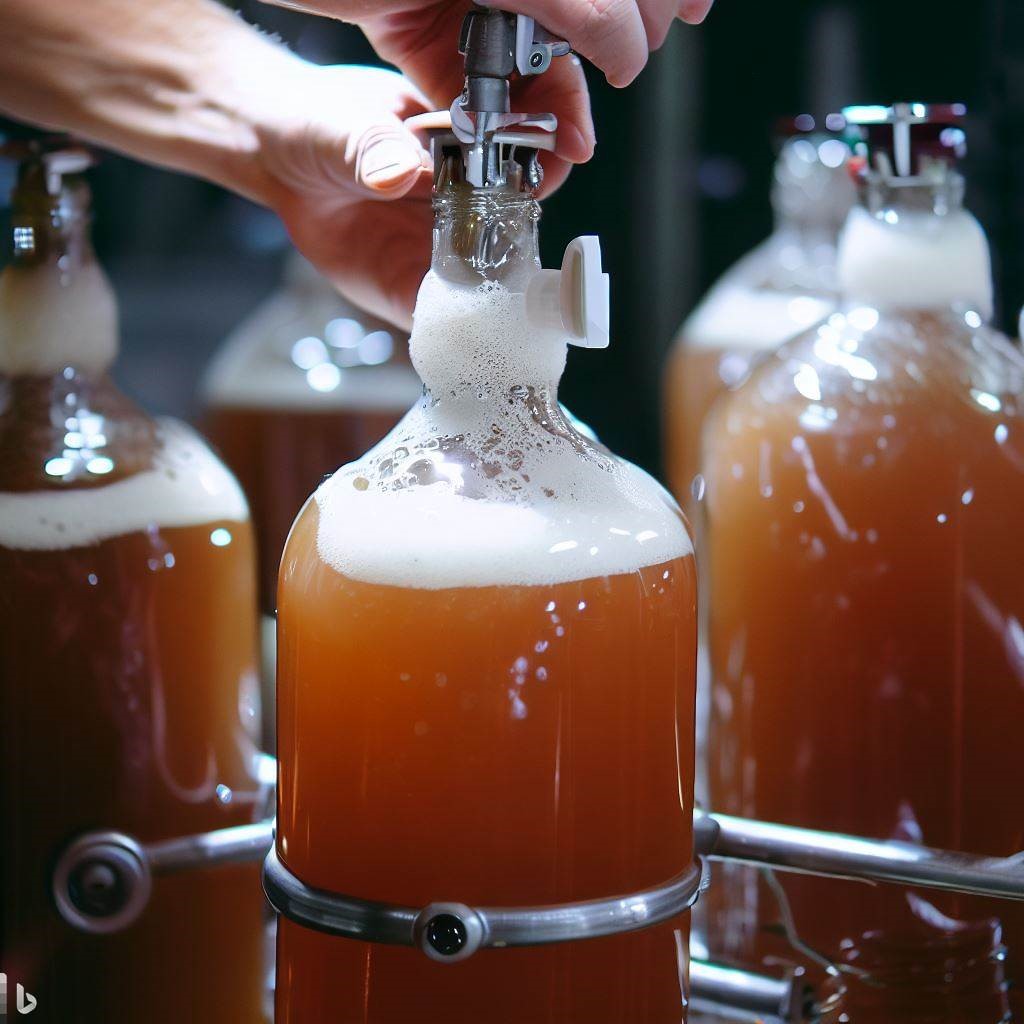Kombucha, a tasty and tangy tea beverage, has gained immense popularity in recent years. With its unique taste and potential health benefits, it has become a favorite among health enthusiasts. But can kombucha help with depression? In this blog post, we will explore the relationship between kombucha and depression, delving into the potential benefits and ways to incorporate it into a healthy lifestyle.
Kombucha and Depression: Exploring the Potential Benefits

Before we dive into the connection between kombucha and depression, let’s first understand what depression is. Depression is a mental health disorder characterized by persistent feelings of sadness, loss of interest in activities, and a variety of physical and cognitive symptoms. It is estimated that over 300 million people worldwide suffer from depression, making it a significant global health concern.
Depression can have various causes, including genetic factors, hormonal imbalances, traumatic experiences, and chronic stress. It affects neurotransmitters in the brain, such as serotonin and dopamine, which play a crucial role in regulating mood and emotions.
The Link Between Kombucha and Depression
While kombucha is primarily known for its probiotic properties and digestive benefits, emerging research suggests a potential link between kombucha and mental health, including depression. Probiotics are beneficial bacteria that promote a healthy gut microbiome, and they have been found to have a profound impact on mental well-being.
The gut-brain connection is a bidirectional communication pathway between the gastrointestinal system and the brain. This connection allows for constant communication between the gut microbiota and the central nervous system. Disruptions in the gut microbiome can affect the production of neurotransmitters, leading to imbalances that contribute to mental health disorders like depression.
The Potential Benefits of Kombucha for Depression

- Reduction in inflammation: Chronic inflammation has been linked to the development and progression of depression. Kombucha contains antioxidants and polyphenols, which possess anti-inflammatory properties. By reducing inflammation in the body, kombucha may help alleviate symptoms of depression.
- Improved gut health: Kombucha is a natural source of probiotics that can help restore and maintain a healthy balance of bacteria in the gut. Studies have shown that probiotics can improve symptoms of depression and anxiety by modulating the gut microbiota and reducing inflammation in the gut.
- Mood regulation: Kombucha contains B vitamins, particularly vitamin B12 and folate, which are essential for maintaining optimal brain function. These vitamins play a crucial role in the production of neurotransmitters involved in mood regulation. By ensuring an adequate supply of these nutrients, kombucha may contribute to overall mental well-being.
Kombucha Recipes for Mental Well-being

Incorporating kombucha into your daily routine can be a delicious and refreshing way to support your mental well-being. Here are three kombucha recipes specifically designed to promote a positive mood and enhance your overall mental health:
1. Calming Lavender Lemonade Kombucha
Ingredients:
- 1 bottle of plain kombucha
- 1 tablespoon dried lavender flowers
- Juice of 1 lemon
- Honey or other sweetener (optional)
Instructions:
- In a small saucepan, bring 1 cup of water to a boil.
- Remove the saucepan from heat and add the dried lavender flowers. Let it steep for about 10 minutes.
- Strain the lavender-infused water into a glass container and let it cool.
- In a large glass, combine the plain kombucha, lavender-infused water, lemon juice, and sweetener if desired.
- Stir well to combine and adjust the sweetness to your preference.
- Pour the lavender lemonade kombucha into individual serving glasses filled with ice.
- Garnish with a sprig of fresh lavender or a lemon slice, and enjoy!
2. Uplifting Citrus Mint Kombucha
Ingredients:
- 1 bottle of plain kombucha
- Juice of 1 orange
- Juice of 1 lime
- Fresh mint leaves
- Ice cubes
Instructions:
- In a glass, muddle a few fresh mint leaves to release their aroma.
- Fill the glass with ice cubes.
- Pour the plain kombucha over the ice.
- Squeeze the juice of one orange and one lime into the glass.
- Stir gently to combine all the flavors.
- Garnish with additional mint leaves and a citrus slice if desired.
- Sip and let the uplifting citrus and refreshing mint boost your mood!
3. Energizing Ginger Turmeric Kombucha
Ingredients:
- 1 bottle of plain kombucha
- 1-inch piece of fresh ginger, peeled and grated
- 1 teaspoon ground turmeric
- Fresh lemon slices
- Honey or other sweetener (optional)
Instructions:
- In a glass, add the grated ginger and ground turmeric.
- Pour the plain kombucha into the glass.
- Squeeze a few lemon slices into the mixture.
- Add honey or sweetener if desired, and stir well.
- Allow the flavors to infuse for a few minutes.
- Serve over ice and garnish with a lemon slice.
- Enjoy the invigorating blend of ginger and turmeric combined with the probiotic goodness of kombucha!
Incorporating Kombucha into a Healthy Lifestyle

While kombucha can offer potential benefits for mental health, it is essential to incorporate it into a holistic approach to overall well-being. Here are some guidelines for consuming kombucha as part of a healthy lifestyle:
- Moderation is key: While kombucha is generally safe for most people, it is best to consume it in moderation. Start with small amounts and gradually increase if well-tolerated. Aim for one to two servings per day.
- Quality matters: Choose high-quality, organic kombucha brands or consider making your own at home. Ensure that the kombucha you consume is properly fermented to maximize its probiotic content.
- Listen to your body: Pay attention to how your body responds to kombucha. If you experience any digestive discomfort or adverse reactions, it may be a sign that kombucha is not suitable for you.
- Balance your gut: Alongside kombucha, prioritize a diet rich in fiber, whole foods, and diverse plant-based ingredients to support a healthy gut microbiome. Incorporate fermented foods like yogurt, kefir, sauerkrat, and kimchi alongside kombucha to promote a diverse range of beneficial gut bacteria.
Importance of a Healthy Lifestyle
- Stay hydrated: Hydration is crucial for overall well-being, including mental health. Remember to drink an adequate amount of water throughout the day, alongside your kombucha consumption.
- Manage stress: Chronic stress can negatively impact mental health. Incorporate stress-management techniques into your daily routine, such as exercise, meditation, deep breathing, and engaging in activities you enjoy.
- Get quality sleep: Sleep plays a vital role in mental health. Prioritize a consistent sleep schedule, create a relaxing bedtime routine, and ensure your sleep environment is conducive to quality rest.
- Seek professional help: If you are experiencing persistent symptoms of depression or mental health concerns, it is important to reach out to a healthcare professional or therapist. They can provide personalized guidance and support.
By integrating kombucha into a well-rounded healthy lifestyle, you can potentially enhance your mental well-being and support overall vitality.
Final Thoughts

Finally, with its probiotic properties and potential benefits for gut health, offers a promising avenue for supporting mental health, including depression. While research on the specific effects of kombucha on depression is still emerging, its role in maintaining a healthy gut-brain connection and reducing inflammation makes it an intriguing option to explore.
Remember to incorporate kombucha in moderation, alongside other healthy lifestyle practices such as a balanced diet, regular exercise, stress management, and adequate sleep. By taking a holistic approach to mental well-being, you can optimize the potential benefits of kombucha and promote a healthier, happier life.
FAQs (On Kombucha and Depression)
1. Can kombucha cure depression?
Kombucha is not a cure for depression. It can potentially offer some benefits for mental health due to its probiotic and anti-inflammatory properties. However, it is essential to approach depression treatment with a comprehensive approach that includes professional medical advice and appropriate therapies.
2. How much kombucha should I drink for mental health benefits?
There is no standard recommendation for the exact amount of kombucha to consume for mental health benefits. Start with small servings, around 4-8 ounces per day, and observe how your body responds. Gradually increase or decrease the amount based on your individual tolerance and preferences.
3. Are there any side effects of drinking kombucha?
While kombucha is generally safe for most people, it can cause digestive discomfort or bloating in some individuals. Additionally, kombucha contains a small amount of alcohol due to the fermentation process. People with compromised immune systems, pregnant or breastfeeding women, and those with certain health conditions should consult a healthcare professional before consuming kombucha.
4. Can I make kombucha at home?
Yes, you can make kombucha at home. However, it is important to follow proper brewing techniques and hygiene practices to prevent contamination and ensure a safe fermentation process. Consider using a kombucha brewing kit or seeking guidance from reliable sources to get started.
5. Is kombucha a substitute for professional mental health treatment?
No, kombucha is not a substitute for professional mental health treatment. If you are experiencing symptoms of depression or mental health concerns, it is crucial to consult with a healthcare professional or therapist who can provide appropriate diagnosis, treatment, and support.
Thanks for reading our Blog Post from Greek Mountain Kombucha on Depression and Kombucha. Check our some additional articles:
- Quickstart Guide to Brewing
- Top Ten Health Benefits of Kombucha
- Free eBook from GMK on All About Kombucha







